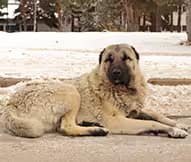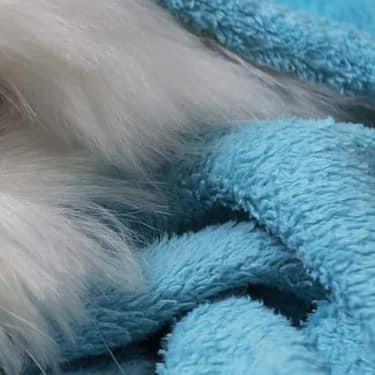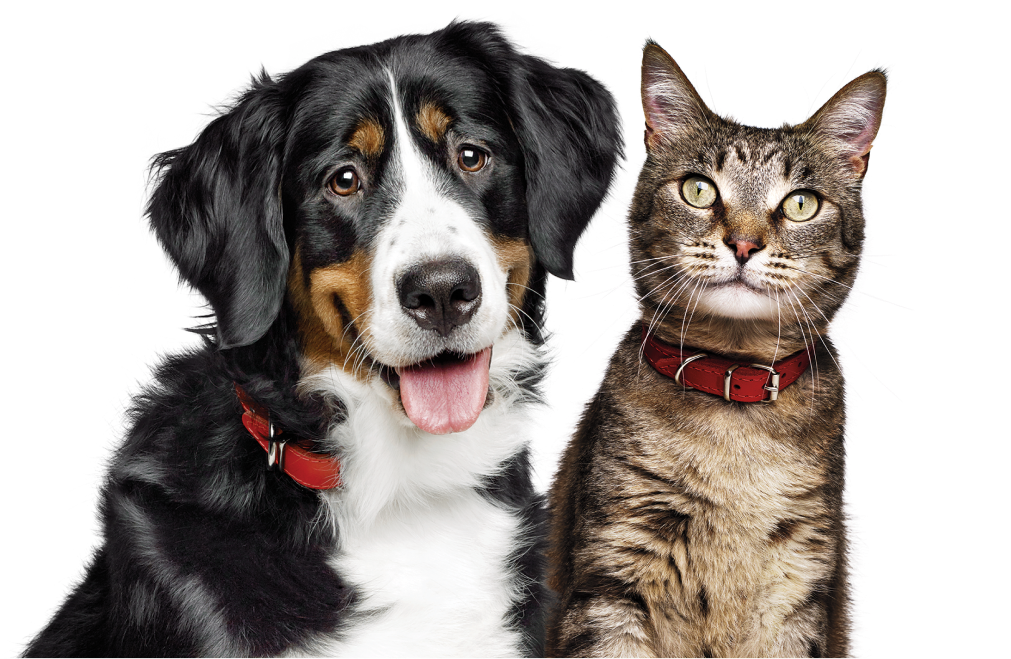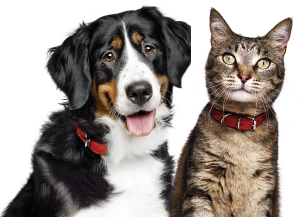Known for their protective and devoted nature, there are two distinct sides to a Kangals personality - the guardian, with an alert, fearless and loyal personality who will protect their flock against any predator; and the reliable, loyal and predictable nature which can make them excellent companion dogs for experienced dog owners.
They can be cautious and reserved around strangers, however are typically loyal to familiar adults, children and pets.
Living with a Kangal Shepherd requires a dedicated and experienced owner who understands their needs. Traditionally a working breed, the Kangal is best suited to an active lifestyle or even a working role, protecting livestock or property.
They thrive in spacious environments where they have plenty of room to exercise and patrol. Regular exercise and mental stimulation are crucial to keeping a Kangal Shepherd physically and mentally satisfied.
Diet Suggestions:
Puppy: Hill's Science Diet Puppy Large Breed Dry Dog Food
Adult: Hill's Science Diet Adult Large Breed Dry Dog Food; Hill's Science Diet Adult Perfect Weight Large Breed Dry Dog Food
Mature: Hill's Science Diet Adult 6+ Senior Large Breed Senior Dry Dog Food
The Kangal Shepherd originated in Turkey and has a long history as a guardian and protector of livestock. Thought to have descended from various mastiff-type dogs, the breed gets its name from the Kangal District of Sivas Province, Turkey. The first mention of the Kangal Shepherd in Europe showed up in the late 1900s.
The breed was then introduced in the United States in 1985, however there remains some disagreement about whether the Kangal Shepherd and the Anatolian Shepherd (another Turkish dog breed) are the same or separate breeds. It is however commonly accepted that, despite their similarities, true Kangal Shepherds are a separate breed.
Health Concerns:
Kangal Shepherds are generally a robust and resilient breed. However, like any dog breed, they can be prone to certain health issues that prospective pet parents should be aware of.
Potential health concerns include:
• Hip Dysplasia: a common orthopaedic condition which involves the abnormal formation of the hip joint, leading to mobility issues and arthritis. Breeding from tested parents with good hip scores can help reduce the risk of this condition.
• Gastric dilatation-volvulus (GDV): commonly referred to as "bloat", is another potential health issue for Maremma Sheepdogs. GDV can happen when the stomach fills with gas and twists. It can be dangerous if left untreated. The risks of bloat GDV can be reduced by feeding your Kangal Shepherd smaller meals more frequently, and avoiding vigorous exercise after eating.
• Entropion: Dogs with this condition experience inward folding of the eyelid towards the eye. This causes their eyelashes adn hair to rub against the eye leading to discomfort adn irritation of the cornea.
• Finding a breeder who provides history of their breed lines with examination by a veterinarian will give you the best chance of finding out about any potential genetic issues when choosing your dog.
• It is advised that any prospective pet parents are aware of potential health challenges faced with this breed and that you do your own research before ownership.





















